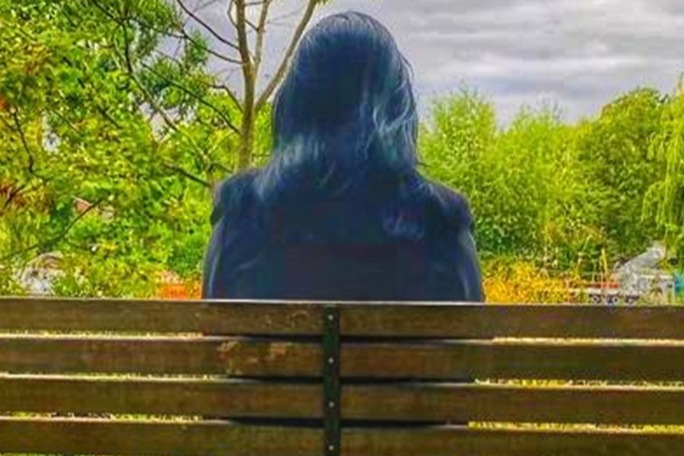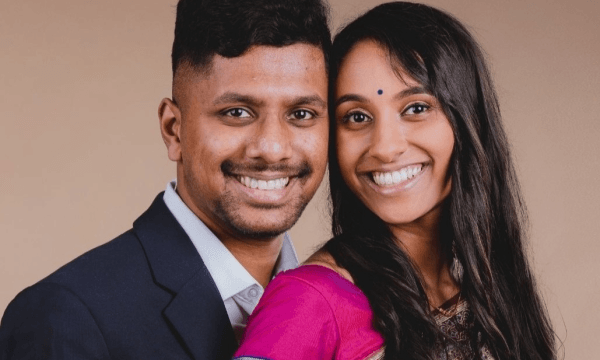
We are all used to these lines: “Naan okay, neenga okaya, ok ok!” – whether we are okay or not, as Tamils this is what we say and/or expected to say. As a Tamil counsellor, I have seen firsthand how deeply ingrained the stigma surrounding mental health is within our community. Mental health struggles are often dismissed, minimized, or ignored entirely. If someone is feeling overwhelmed or depressed, the common response is, “Stop overthinking,” or “Be grateful; others have it worse.” Seeking therapy is rarely considered an option. Instead, it is often viewed as a sign of weakness, a failure to uphold the resilience that our culture so highly values.
This mindset has roots in our collective history. Tamil communities, particularly those affected by war, displacement, and generational trauma, have developed a narrative of strength and survival. While resilience is undoubtedly a source of pride, it can sometimes be misinterpreted as the need to suppress vulnerability. Admitting to struggles or seeking help is often perceived as shameful, leading to silence around mental health issues.
Despite having a successful counselling practice, I am saddened by the fact that I still haven’t had the breakthrough within the Tamil community when it comes to mental health issues. I have generously sponsored for various Tamil events, and despite the marketing so far, I have not had a single enquiry come through. Mental health makes us feel uncomfortable.
One of the most significant barriers to addressing mental health in the Tamil community is the fear of judgment. There is a pervasive concern about “What will people think?” This fear not only discourages individuals from seeking help but also isolates those who are struggling. Mental health issues are often labelled as personal failures rather than understood as legitimate challenges that require care and support.
As a counsellor, I often see clients who wait until they are at a breaking point before reaching out for help. Many express that they delayed seeking therapy out of fear of being judged by their families or community. For some, the act of reaching out feels like a betrayal of cultural values, as though they are failing to live up to the strength their families expect of them.
This stigma doesn’t just affect individuals—it impacts entire families. The lack of open conversations about mental health creates a culture where issues are hidden, misunderstood, or dismissed. People who do seek therapy often feel they must keep it a secret, adding another layer of emotional burden to an already difficult journey.
Mental health is not a Western concept; it is a universal aspect of being human. Therapy is not a sign of weakness—it is a tool for healing, growth, and resilience. Communities thrive when individuals are given the space and support to care for their mental well-being.
It is also important to redefine resilience within our community. Resilience is not just about enduring hardship. True resilience includes the ability to recognize when we need help, to rest, and to heal. Seeking therapy is not an act of giving up; it is an act of courage and self-preservation.
I am also noticing that more and more older people are struggling with their mental health and their adult children desperately trying to get them to see a counsellor. They turn up very reluctantly for the sessions and stop having therapy just after a few sessions as they are unable to overcome the resisting mindset.
Mental health is just as important as physical health, and seeking support is not a betrayal of our culture but a way to honour it by ensuring the well-being of its members.
Let us create a future where mental health is no longer a taboo subject, but a conversation we approach with empathy, understanding, and acceptance. It is only by addressing this stigma that we can build stronger, healthier communities—together. Let us not say okaya but instead ask – Eppadi irukireenga!
Find out how myTamilDate helps single Tamils find serious relationships on their own terms!


























